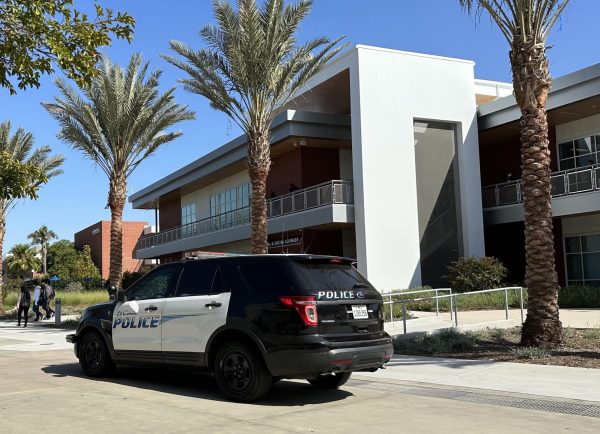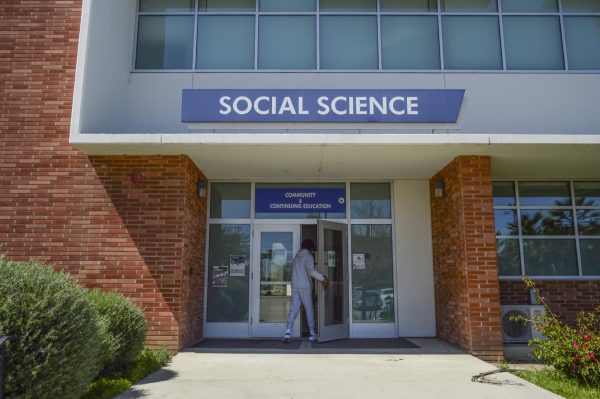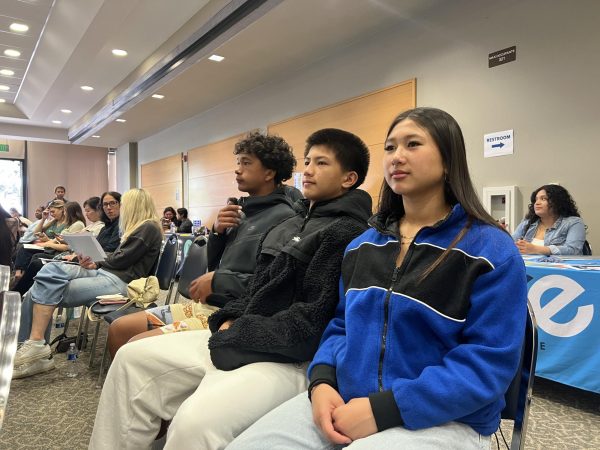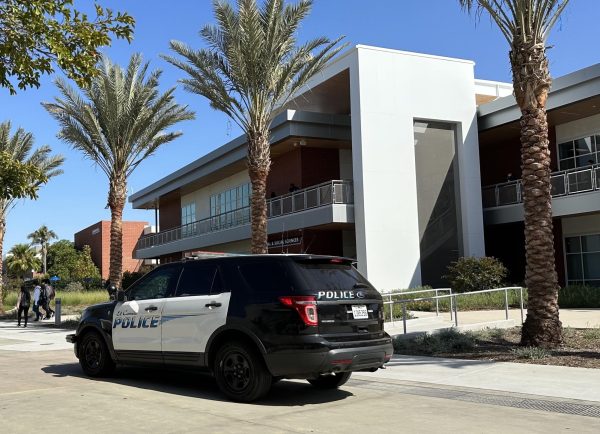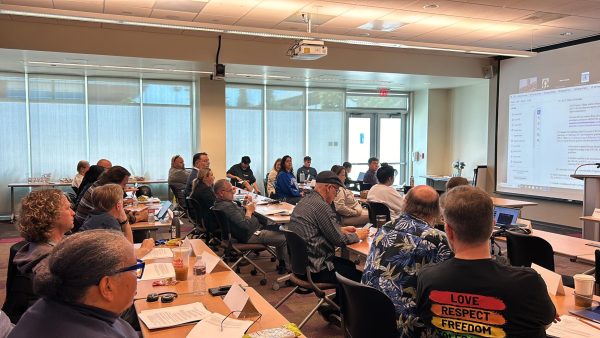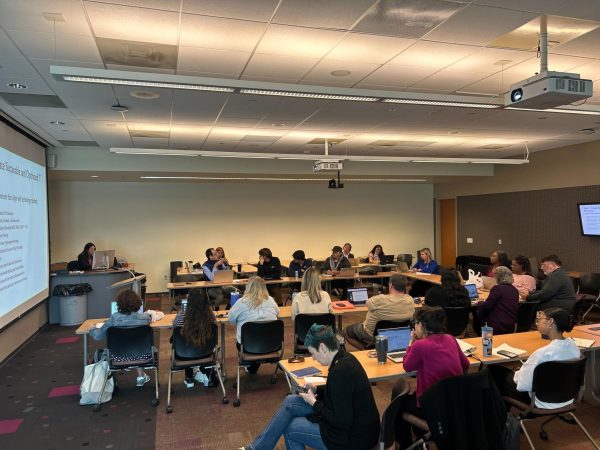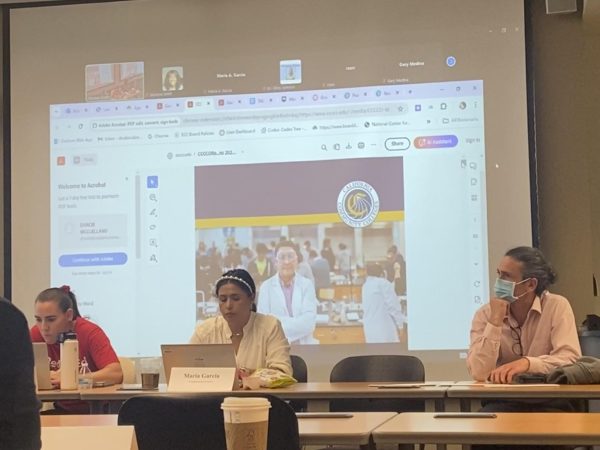Transgender inclusion in sports: New bills spark debate across U.S.
Editor Note: Jeffrey Miera’s first name was misspelled in an earlier version of this story, the article has been updated to fix the mistake on May 2, 2023 at 2:46 p.m.
The inclusion of transgender student-athletes in college sports is dominating discussion throughout the nation as recent efforts to bar them from competing have taken sway at the federal level of the U.S. government.
Two bills have occupied headlines as of late; one was proposed by the Biden administration which looked to promise transgender students the right to participate through Title IX laws, was presented earlier this month
The latter bill pushed and passed by the House of Representatives, aims to restrict federal funding for athletic programs that allow transgender athletes to compete, and also cites Title IX. It was passed and sent to the Senate this past Thursday, April 27.
Title IX legislation, which was first introduced in 1972, aimed to prioritize equality and prevent discrimination based on gender in academic environments.
The Biden administration’s bill claims the legislation is being violated whenever transgender athletes are barred from competing, stating that academic institutions “violate Title IX when they categorically ban transgender students from participating on sports teams consistent with their gender identity just because of who they are.”
The House’s bill takes a different approach to upholding these laws, asserting that Title IX’s definition of gender “shall be recognized based solely on a person’s reproductive biology and genetics at birth.”
LGBTQIA+ Coordinator Kenny Simkins spoke out against the House’s bill, believing the Republican stance to be harmful to transgender athletes.
“Transgender youths and individuals, in general, are probably one of the most vulnerable and targeted populations,” Simkins said. “Government should not be influential on these types of decisions, politics doesn’t have a place in sexuality.”
Simkins said such bills can be dangerous because it allows school and government officials to “make decisions on behalf of the parents.”
He went on to stress the importance of athletics in the lives of children and teens and how legislation like this could “stunt their growth.”
“It helps you stay engaged in school, it helps you learn leadership,” Simkins said. “When you intentionally exclude somebody from belonging to a sports team, you are automatically stunting their growth and not making them feel like they are included or visible.”
Other faculty at El Camino College had much to say regarding the Biden administration’s proposal.
“This administration is taking an important first step into addressing this very complex topic,” Title IX Director Jaynie Ishikawa said. “It’s shifting the conversation from a complete ban, which is what we don’t want.”
She praised the proposal for “taking a strong position” by aiming to prevent wholesale bans on transgender participation within athletics, further expressing that such a ban would “go against the spirit of Title IX.”
Although El Camino College currently has no transgender students participating in campus sports, Director of Athletics Jeffrey Miera still felt strongly about the topic.
Miera emphasized the unpredictable impact that the Biden administration’s proposal will have on college athletics.
“It’s tough to say,” Miera “This is one of those areas that is becoming more and more prevalent and relevant in today’s society. This is something that wasn’t even on the radar a couple of years ago.”
Nevertheless, Miera sees the need to experiment and evaluate the outcomes at the state and national levels.
“Only time will tell how this will impact athletics and the LGBTQ+ community as a whole,” Miera said. “Whenever you start something new, you gotta try something and then see how it works”



